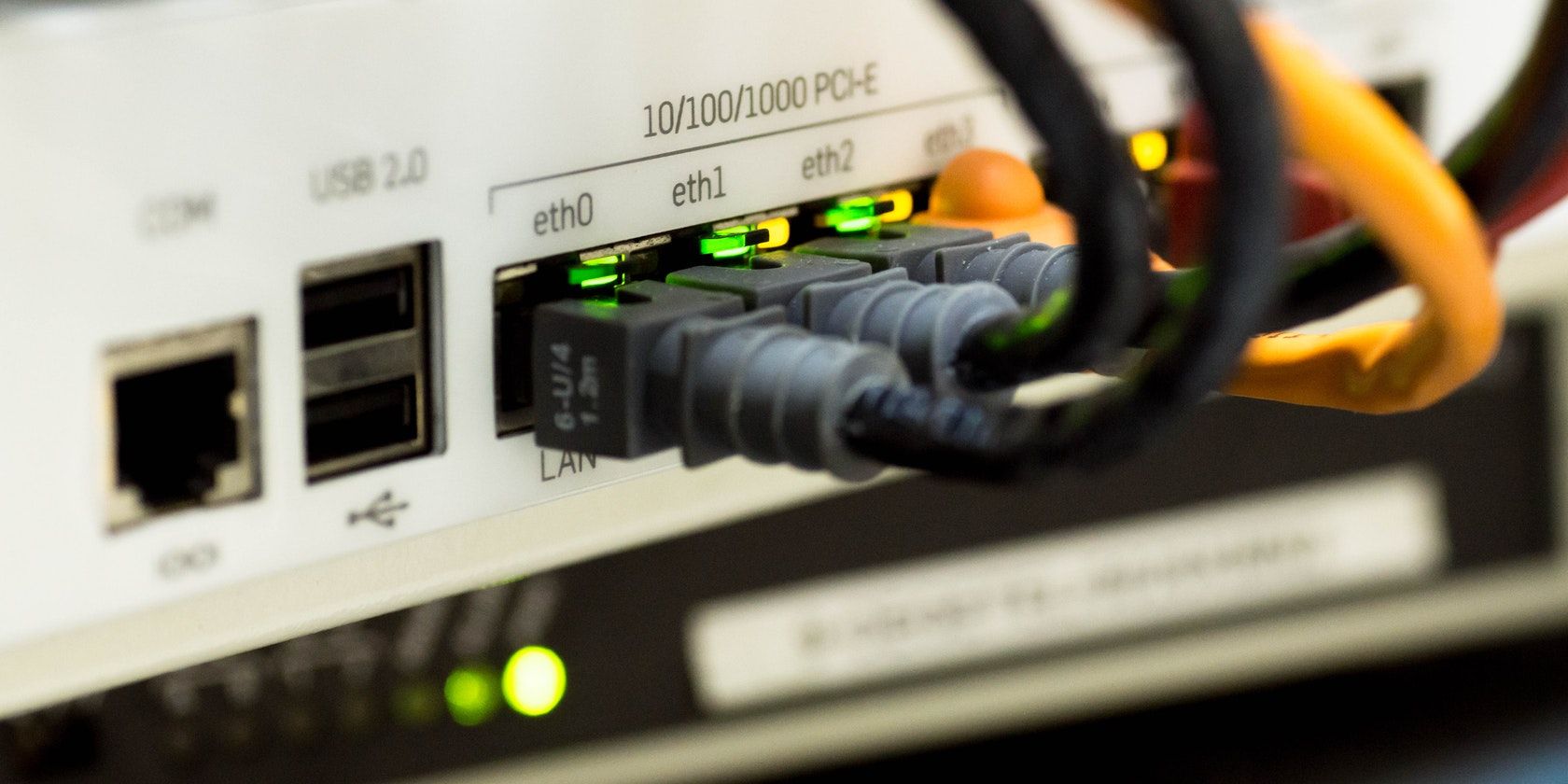Tim Berners-Lee, the man credited with inventing the World Wide Web, wants governments and tech companies to ensure that all young people have access to the internet.
On the web's 32nd anniversary, Berners-Lee published a post on webfoundation.org that spreads the message of equal, and large-scale internet access in order "to create a better, fairer future." The post was co-authored by Rosemary Leith.
Tim Berners-Lee on the Problems Youngsters Face on the Web
Addressing the prevalent toxicity on the internet, Berners-Lee says that many young people "are confronted with abuse, misinformation, and other dangerous content" which forces them to leave these platforms.
According to Berners-Lee, there is widespread toxicity on the internet that specifically targets people from marginalized communities: the ones most in need of internet access.
Many underdeveloped countries do not have the necessary infrastructure to provide internet to their citizens. This, in turn, prevents them from sharing their ideas with the world.
Citing a UNICEF study, Berners-Lee states that "only the top third of under-25s have a home internet connection." This translates into 2.2 billion people without adequate resources to learn online, especially during the COVID-19 pandemic.
Expanding on this "digital divide," there are innumerable voices that are silenced by a "toxic internet." Ideas that could make a better world are lost in the endless pit of internet abuse.
Why Does Berners-Lee Want More Young People to Have Internet Access?
In his post, Berners-Lee enumerates the benefits that come with widespread internet access. He states that large-scale internet access "would deliver incredible returns in the form of economic growth and social empowerment."
Surprisingly, it's estimated that a 10 percent increase in the number of people who have internet access in a country, results in a 2 percent growth in the GDP. Referring to a study by the Tony Blair Institute, Berners-Lee mentions that "achieving universal broadband in the developing world by 2030 would deliver around $8.7 trillion in direct economic benefits."
Tim Berners-Lee puts up a strong case by giving examples of the Web Foundation's internet heroes whose internet-based innovations have improved the lives of countless people. He argues that many such voices are left behind due to unequal internet access.
Ultimately, Berners-Lee thinks the internet should be a basic human right.
How Does Berners-Lee Hope to Achieve Universal Internet Access?
Berners-Lee hopes to achieve this ambitious goal by investing "to bring all young people online" and making "technology empowering by design."
Simply put, he wants governments and companies to invest in better network infrastructure while providing support and subsidies for "community networks." He believes that nothing less than an "all-out push" can make the web accessible to everyone in the world.
We know what it would take. The Alliance for Affordable Internet (A4AI), an initiative of the Web Foundation, has calculated that $428 billion of additional investment over ten years would provide everyone a quality broadband connection. To put this in perspective, that amounts to the equivalent of just $116 per person for the 3.7 billion people who remain offline today.
The next step is to make sure that technology is designed while keeping in mind the needs of young people. Berners-Lee wants tech companies to make their products more inclusive and helpful. Regarding governments, he wants leaders to "pass effective laws that govern technology and hold companies to account for creating responsible products and services."
Is Universal Internet Access Achievable?
Tim Berners-Lee sure seems to think so. This benevolent and ambitious goal by the creator of the world wide web has its own set of challenges. Keeping this in mind, the Web Foundation has introduced a Tech Policy Design Lab that will try and combat internet toxicity, as well as "abuse against women, in particular young women."
In addition, Berners-Lee believes that the internet is "overwhelmingly a force for good" and can help overcome some of the greatest challenges faced by humanity.

